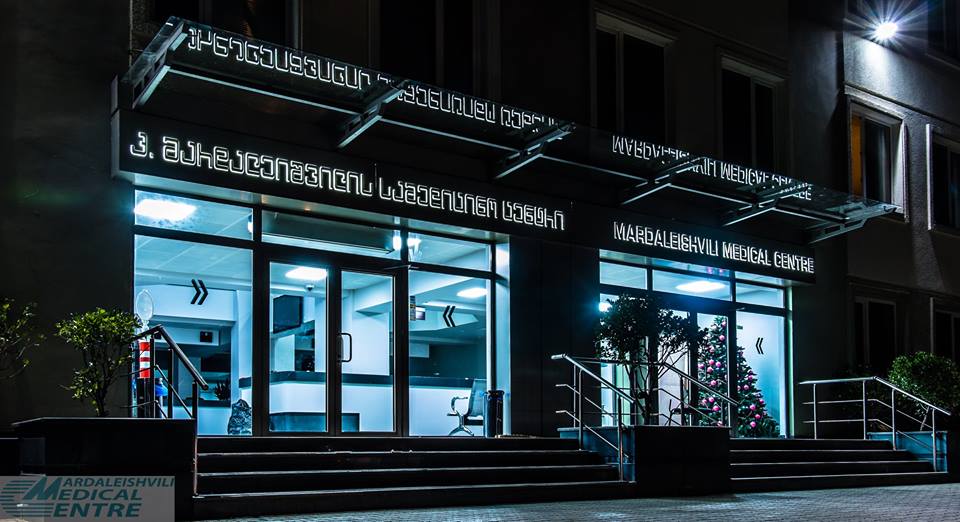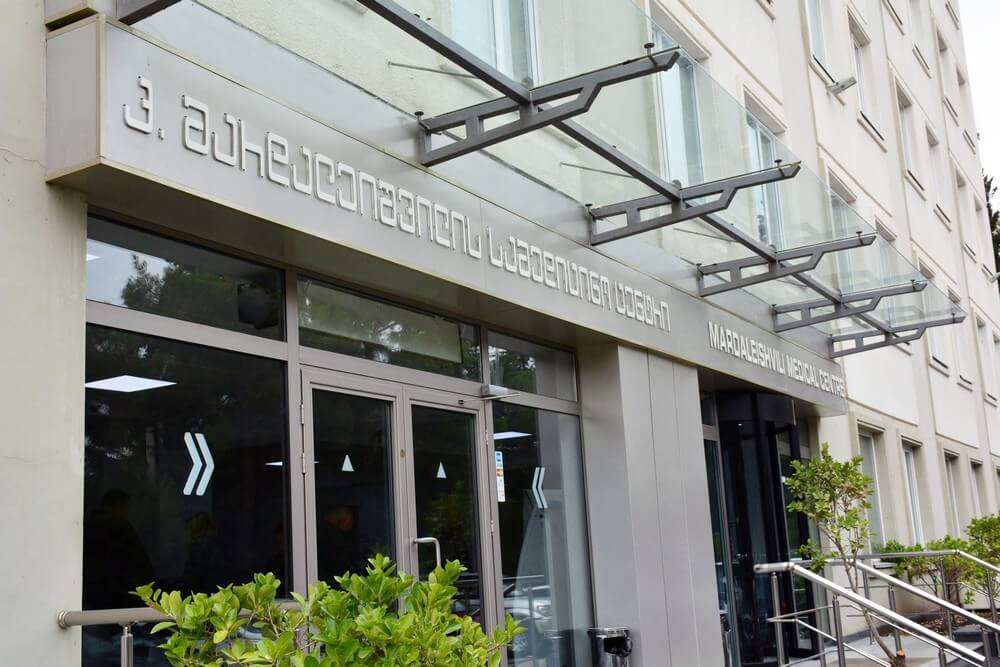Most families don’t have much experience with autism, more formally known as Autism Spectrum Disorder, or ASD. That’s why if a child is diagnosed with or suspected of having ASD, there’s often much uncertainty about how to proceed. Of course, parents will be concerned with finding an effective way to deal with ASD, if it is possible, but treating ASD depends almost entirely on the individual diagnosis for the child.
Once a good ASD diagnosis has been obtained, this is where the possible options for treatment come into play. Some treatments are available all over the world, such as behavioral therapy. Others, however, might only be obtainable in certain parts of the world, such as stem cell therapy at a children’s autism clinic in Tbilisi, in the country of Georgia. But why?

Early Diagnosis
ASD, unlike some medical conditions, is not something that manifests later in life. ASD, if it is present in a person, is usually there from, or within a few years, of birth. Older adults do not suddenly show signs of ASD, although it is certainly possible for people with ASD to go for years without being properly diagnosed.
However, for most people, especially those with observant parents, ASD symptoms can usually be caught within a few months, or years of birth. An infant, for example, who refuses to make direct eye contact with people, is showing early symptoms of ASD, as one possible consequence of ASD is for the child to find direct eye-contact overstimulating and unpleasant, thus creating an avoidance reflex.
This is why many ASD doctors and clinics put focus on child treatment. Unfortunately, medical science is not yet at a stage where this is a cure for ASD, so it is currently like other conditions such as diabetes or asthma, in that a diagnosis confirmation means that this is a lifetime medical condition that must be managed. The earlier the diagnosis occurs, the more options will be available as to how to proceed with treatment and management.
Why Tbilisi Clinics Are Different
There are many children’s autism centers throughout the world, and they all share a common goal of helping families to find the best approach for dealing with the symptoms an ASD child displays. However, different clinics will have different methods. Some clinics, for example, may specialize in the more extreme symptoms such as violent behavior, and prescribe antipsychotic drugs to help children stabilize and start to overcome those tendencies.
Other clinics may take a strictly therapeutic approach through psychological techniques. Behavioral therapy, for example, can let children take control of their lives by confronting the problem symptom, such as not looking people in the eye, or lacking the coordination to tie shoes, and teaches them to overcome these obstacles themselves.
But the children’s autism clinics in Tbilisi can offer a type of treatment that is not widely available, not even in the United States, and that treatment is known as stem cell therapy. The treatment itself is very well understood, and even in the USA, it is widely regarded as an effective treatment for some types of cancer, such as leukemia, where it is officially recognized as a recommended solution, if appropriate. But the USA, despite its medical community being aware of the potential of stem cell therapy, does not yet allow it to be used to treat conditions outside of leukemia.
The children’s autism clinics in Tbilisi, Georgia, however, are 100% legal to give this treatment.
The Stem Cell Considerations
Stem cell therapy is the transplantation of stem cells into a patient. Stem cells have the medical nickname “master cells,” because, unlike any other cells in the body, they can “rewrite” themselves to become any cell, whether it is skin, hair, or cells that don’t commonly grow back, such as heart, lung or nerve cells.
The reason stem cells are used in leukemia treatment is because cancer works by mutating a cell, so it is defective, and then having that mutant cell replicate at an accelerated rate, eventually outnumbering the healthy cells. Given enough time, this leads to sickness and even death. The introduction of stem cells into a cancerous area, however, has the effect of reintroducing healthy cells that are not defective, and replicate correctly.
It’s for this reason that the medical scientific community is aggressively researching the use of stem cell therapy for all manner for different conditions. Previously incurable diseases such as Alzheimer’s, or cerebral palsy may eventually be curable thanks to stem cell therapy. However, the Food & Drug Administration in the USA is extremely cautious about the use of stem cell therapy, and will only legally condone stem cell therapy for established treatments that they know work. Leukemia is currently the only one cleared.
This means that for parents interested in stem cell therapy for their children, who are unable to get their children in American research products, places like children’s autism clinics in Tbilisi are the only place to go.


